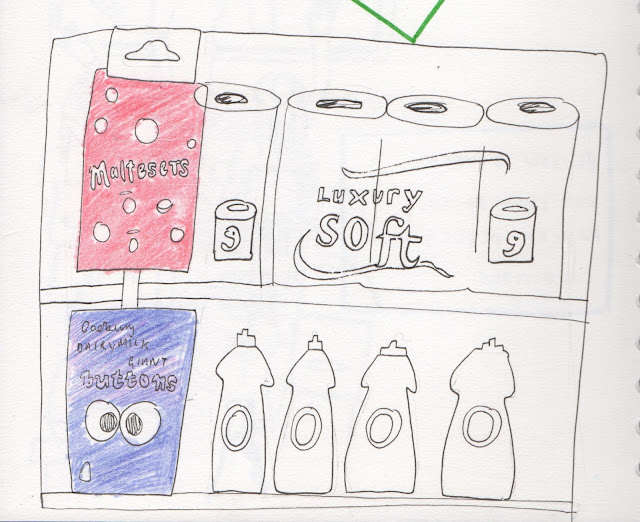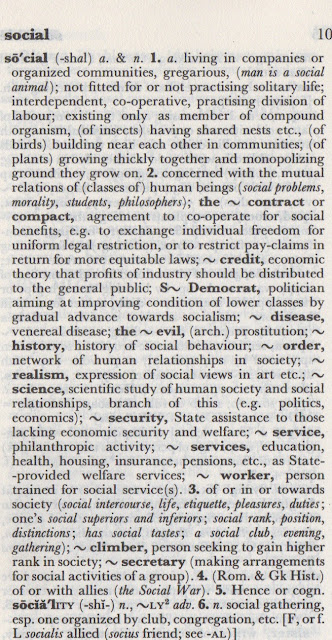- Why we are interested in the subject
- How it might relate to our practice
- What we know about it already
- How we can observe, record and respond to it
Practical task 1: Spend one hour going out and find examples or inspiration of my chosen theme.
I found this task quite difficult as my topic is rather broad, but I had a look around a few local shops to see how sugary products were marketed.
I challenged myself to resist the urge to buy something sweet, I will record each time I get a craving!
The Smoothie Company
The Smoothie Company sells healthy smoothie drinks as well as a range of sandwiches and snacks to suit specific dietary requirements; for example having vegan, vegetarian and gluten free options. Although I did notice that on the counter as you are waiting to pay, there is a variety of sweet snacks such as biscuits and brownies that are very hard to resist.
1 urge to buy a brownie
Subway
Similar to The Smoothie Company, subway promote themselves as a healthy sandwich shop, the main difference being that they are not an independent company. Although when you are waiting to pay, a selection of cookies becomes available. The option of a meal deal is also available, making the overall price of a subway only a penny extra for including a soft drink and a choice of a bag of crisps or a cookie, making it very difficult to say no.
No urges to buy anything (partly because I didn't have enough money)
Tesco
I went into Tesco with the intention of buying milk only. So I walked to the back of the store to buy some milk, walking past all of the offers for sweets and chocolate on the end of the aisles (share bags for a pound etc). THE WORST thing about this branch of Tesco is the aisle where you queue. This aisle shelves really mundane items such as toilet rolls, air fresheners etc. But they display sweets and chocolate in mini drop down units so that you are almost forced to be tempted to buy something on impulse whilst you are waiting in the queue.
I left Tesco with milk AND a chocolate bar...
Reflection
This task was really interesting to experience being tempted and exploited by marketing schemes first hand. I have always had a soft spot for cadburys chocolate, and when it is on offer I do find it hard to resist. But in moderation. It is SO difficult to avoid these temptations when they are near enough everywhere. It makes me think, are supermarkets responsible for adding to the obesity crisis? Part of me thinks yes, because they thrive off customers money, so they are bound to want to sell as much as they can to keep growing and developing and gaining the reputation as the best supermarket.
So I'm thinking what needs to be controlled here? Is it peoples will power and conscience not to give in to temptation? Or is it the food industry trying to wean every penny that they can out of us?
This is something that I would like to further explore.
Practical Task 2: Continue by drawing 20 more images relating to your question and theme.
I didn't quite manage 20 drawings, due to feeling uncertain about where my question is going at the moment, and worrying that my topic is too similar to one of my class-mates. So I have been feeling pretty disheartened and anxious about the whole thing.
Although in my images I did manage to vent out some things that really interest me and fuel me up to start a discussion. Some of these things included:
- Honest branding
- The strain that obesity and such conditions are having on those responsible for providing care e.g. doctors and nurses
- How the NHS COULD be more cost efficient if these things were prevented
- How marketing exploits young people
- Government statements
- How I think the government should invest more into educating the next and current generation about these conditions
The next steps I will take
From these drawings, I know now to go out and find real examples of these issues and use them as evidence and reference in my essay.





















